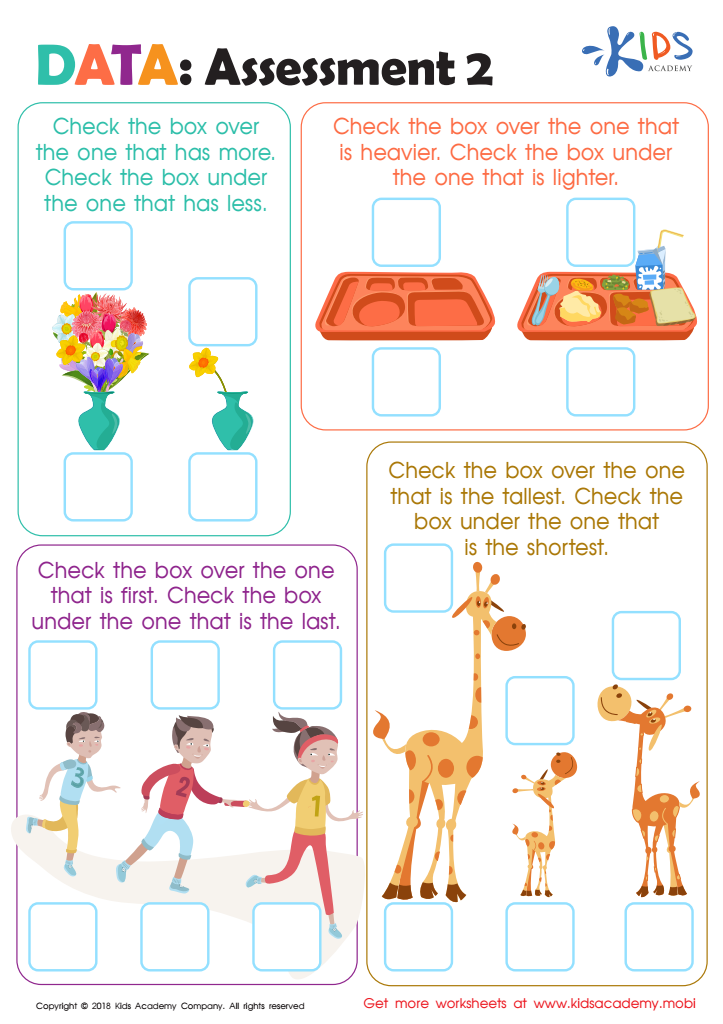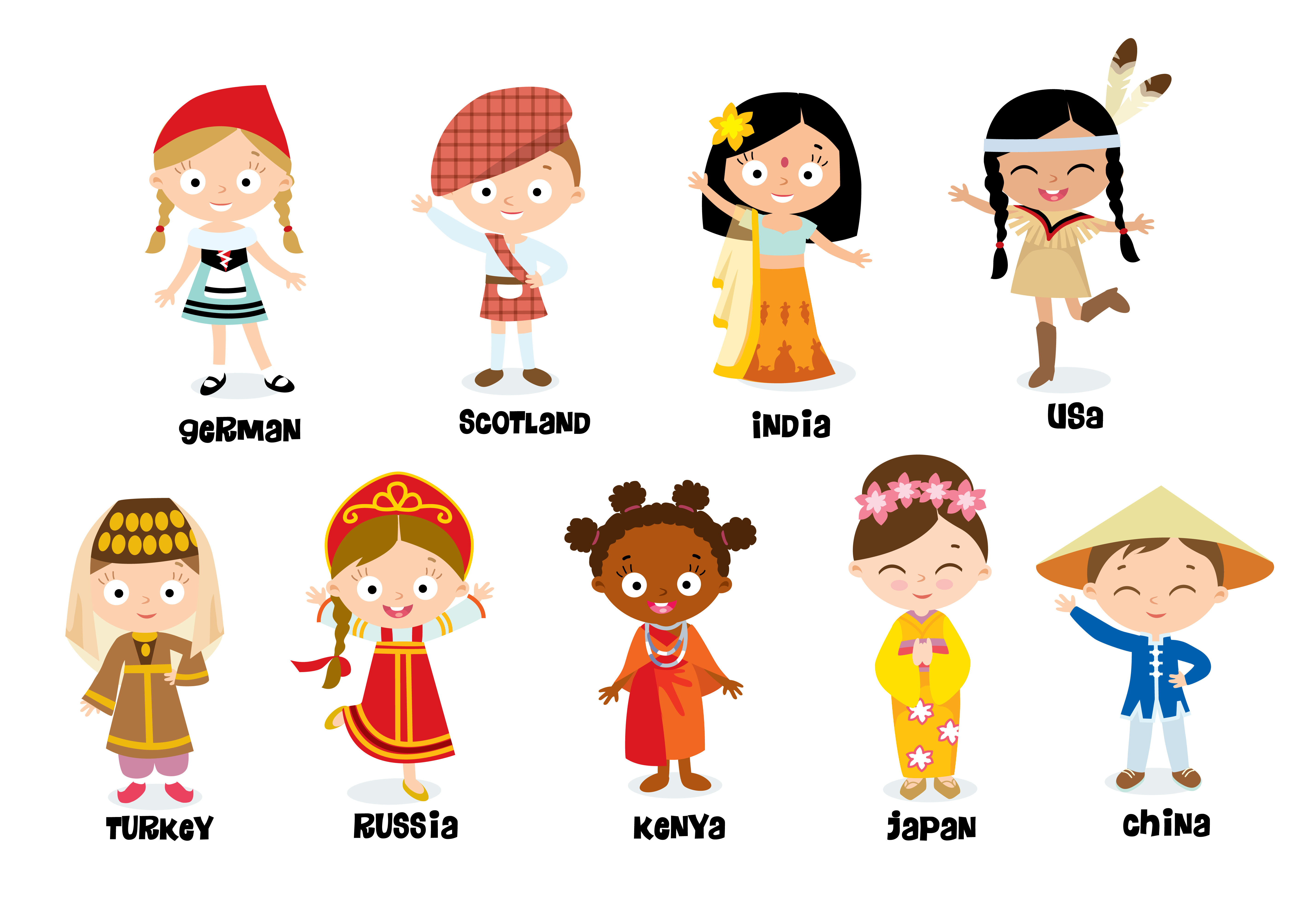Analytical thinking Math Worksheets for 4-Year-Olds
3 filtered results
-
From - To
Enhance your 4-year-old's analytical thinking with our expertly designed math worksheets. Aimed at foundational skill-building, these engaging activities promote logical reasoning, problem-solving, and critical thinking. At Kids Academy, our printable worksheets are crafted to make learning fun and effective, incorporating colorful visuals and interactive tasks. From puzzles to counting and shape recognition, each activity is tailored for young minds, fostering a love for learning and early math proficiency. Perfect for parents and teachers, these resources support early education and ensure children develop essential cognitive skills in a playful environment. Unlock your child’s potential today!


The 5 Sense Scientist Worksheet


Logic Game Sorting Worksheet


Data: Assessment 2 Worksheet
Analytical thinking, especially in math, is crucial for 4-year-olds because it lays a strong foundation for future learning and critical thinking skills. At this tender age, children's brains are exceptionally adaptable and eager to grasp new concepts. Introducing them to basic math encourages them to recognize patterns, sort objects, and solve simple problems, which are essential analytical skills.
When parents and teachers focus on analytical thinking in math, they’re not just teaching numbers and shapes; they’re helping children develop a mindset that values logical reasoning and systematic problem-solving. These skills are transferable across all areas of learning and everyday life. Early exposure to analytical thinking fosters curiosity, enhances memory retention, and boosts self-confidence as children successfully tackle new challenges.
Moreover, the excitement and engagement stemming from exploring mathematical ideas can make learning an enjoyable experience, instilling a lifelong love for learning. Given that many real-world problems require a structured approach to thinking and problem-solving, helping young children build these skills early on prepares them for academic success and meaningful contributions to society.
Therefore, it’s essential for parents and teachers to incorporate analytical thinking in early math education, guiding children in a supportive environment that nurtures both intellectual growth and a positive attitude towards learning.
 Assign to My Students
Assign to My Students







.jpg)













